Introduction: Plastic Recycling To Fuel Plant Setup
Plastic and its prevalence: Plastic accumulation in the environment and its related use is growing at a tremendous rate. Owing to its versatile quality of being cheap and easily accessible plastic has found a niche in the daily needs of humans. It has accorded an inseparable status and has become a necessary component.
Table of Contents
--------------Blog Contact Form-------------
It has spread its wings in all directions and has pierced through all facets of human life.
Health Hazards of plastic
- Contrary, Plastic makes up huge amount of municipal solid waste and take ages to breakdown. Plastic is dumped into landfills and the rate is alarming. It clogs up the drains and cut oxygen supply thereby making aquatic animals susceptible to loss of life. Further burning of plastic causes harm to the environment and hurts the ecological balance.
- Toxic chemicals such as benzene and vinyl chloride are released during the manufacturing of plastic, which can cause cancer. Toxins and carcinogens may transfer from plastic containers to the food and beverages inside, particularly when the plastic is heated.
Why recycle Plastic?
Recycling plastic can prove to be a boon since it leads to reduction of resources and energy in the use of creation of plastic. Recycling minimizes the level of oil used, carbon dioxide emissions, and waste that needs to be disposed of .Moreover it can help reduce pollution caused by plastic. The procedure to recycle plastic is relatively easy and effective. The better approach than recycling is to reduce and reuse plastic.
Read Our Blog: Importance of Plastic Recycling
Public awareness is being created in the realm of plastic waste recycling for the need for sustainable production and consumption. This has prompted local governments to coordinate recycling collection, as well as triggered some manufacturers to create recycled-content goods and other businesses to meet public demand.
The successful recycling of mixed plastics waste is the plastics recycling industry's next big challenge. The advantage is the potential to recycle a greater percentage of the plastic waste stream by widening post-consumer plastic packaging collection to include a broader range of products and pack sizes.
Good alternatives to the use of plastic includes reusable grocery bags and paper bags.
- Fuel production from plastic waste
Plastic to fuel initiatives are starting to gain momentum in the energy industry, as more people are becoming aware of the widespread environmental harm caused by single-use plastics and people's poor recycling habits, prompting researchers to look for new ways to dispose of our growing plastic outputs. Such projects convert chemical energy stored in a material's hydrocarbon structure into fuel, a process praised for its economic and environmental benefits but still in its early stages of growth.
- Why it is popular:
Plastic to oil (fuel) conversion systems has grown in popularity due to two factors: the ability to create a reliable source of renewable energy from a plentiful feedstock with low economic value, and the environmentally sustainable disposal of non-recycled plastics.
- Why turn plastic into fuel:
Plastics-to-fuel technology has the potential to not only reduce emissions but also provide major economic benefits. Plastic to oil is an environmentally friendly means of removing plastic waste.
- Process:
Waste plastic is transported to pyrolysis plants where it is converted into diesel or gasoline. Pyrolysis can handle a wide variety of plastic forms.
Shredded plastic waste is stored and deposited in a reactor. After that, a catalyst is applied, and the plastic is heated to 150 degrees Fahrenheit. The released gases, such as methane and propane, are contained in a separate gas tank and used as a source of heat for the system to operate. The oil is refined, processed, and prepared for shipment.
- Applications:
Bio-oil derived from quick pyrolysis can be used in a variety of ways. Heat and power generation, liquid fuels, and raw chemical products are among the most popular applications. Although the heating value of bio-oil is lower than that of fossil fuels, the oils generated can be used directly in energy production through combustion.
- Business Options:
- Furnace oil production
- Selling as fuel
- Selling as electrical energy after conversion
- Captive power plant with Converted fuel
- plastic recycling to fuel plant setup
- Setting up a plastic recycling plant carries the ability to eliminate five metric tonnes of plastic approximately, on daily basis.
- Although the converted diesel cannot be used in automobiles, it can be used as a substitute fuel for diesel generators and factory equipment.
- The plant can convert one tonne of plastic waste into 150-200 litres of diesel, which will sell for Rs 45-50 per litre.
- Plastic to diesel plant assumptions:
|
1 |
Installed Capacity |
Input 6800 MT Per Annum |
|
2 |
Output Capacity |
Diesel Yield 4979.62 KL Per Annum |
|
3 |
Location |
India |
|
4 |
Project Cost |
6.25 Million USD |
|
5 |
Days of Operation |
340 |
Conclusions
Recycling is one method for managing plastic waste. It makes growing economic and environmental sense, and recent trends indicate a massive increase in the rate of plastic waste recovery and recycling.
Recycling of waste plastics is an effective way to improve the environmental performance of the polymer industry.
This portion of the site is for informational purposes only. The content is not legal advice. The statements and opinions are the expression of author, not corpseed, and have not been evaluated by corpseed for accuracy, completeness, or changes in the law.
BOOK A FREE CONSULTATION
Get help from an experienced legal adviser. Schedule your consultation at a time that works for you and it's absolutely FREE.


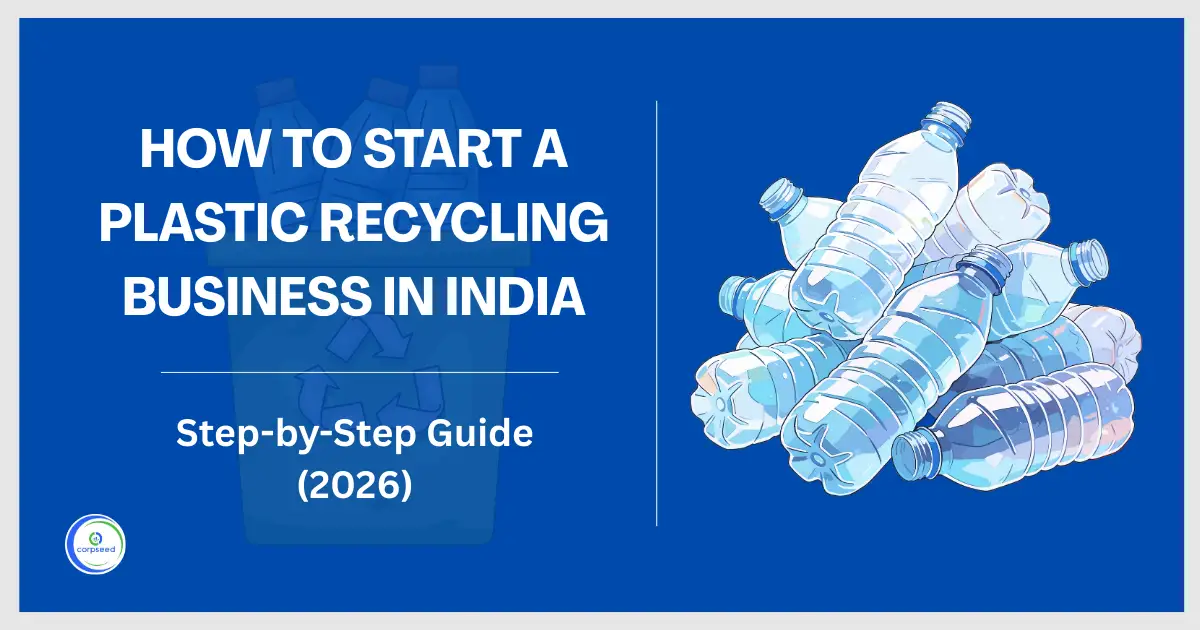
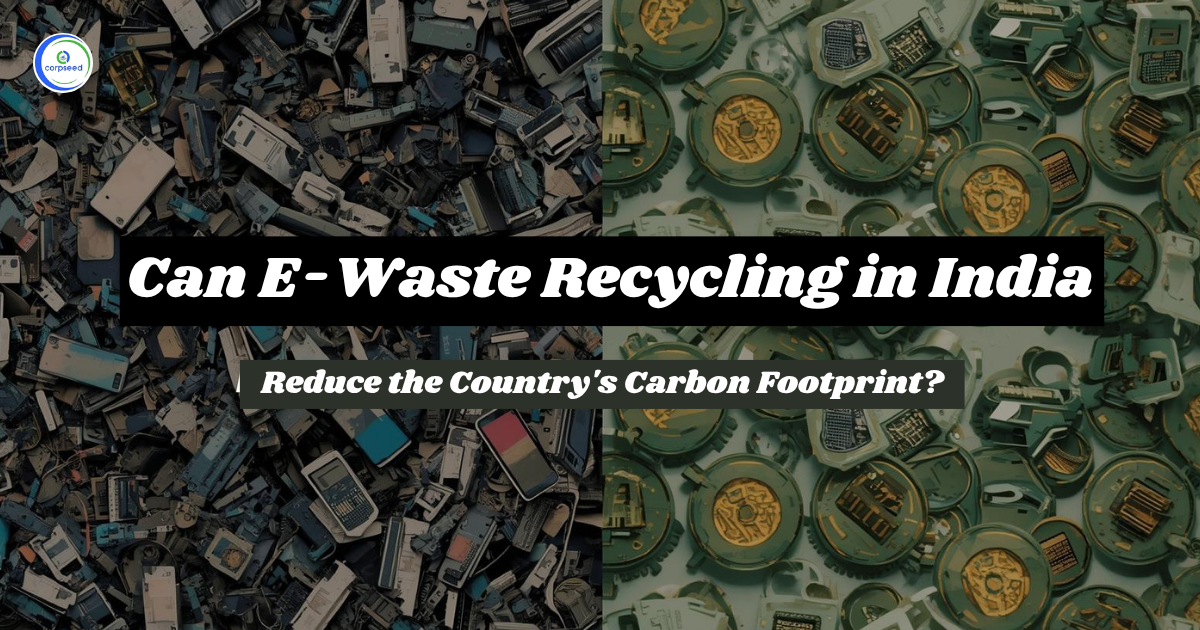
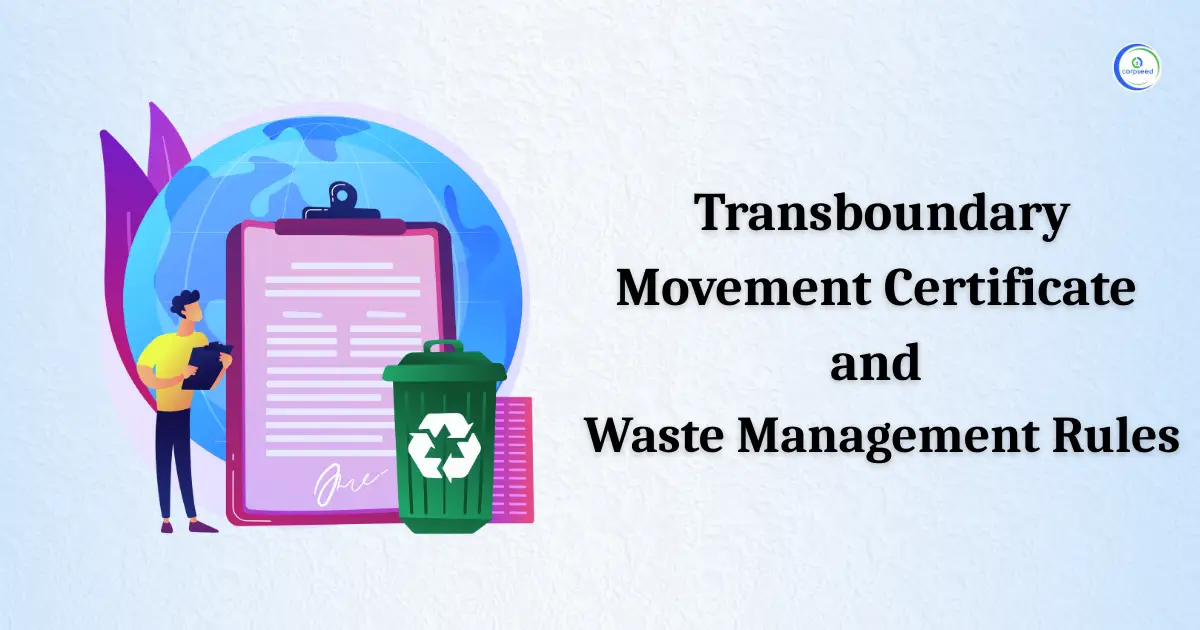
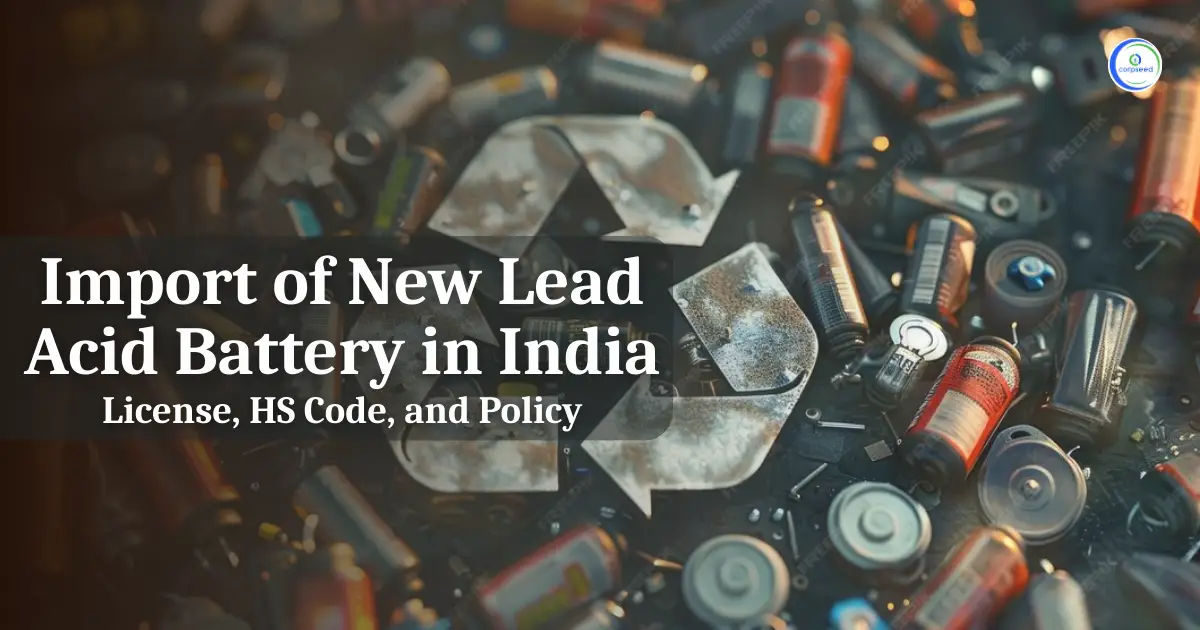
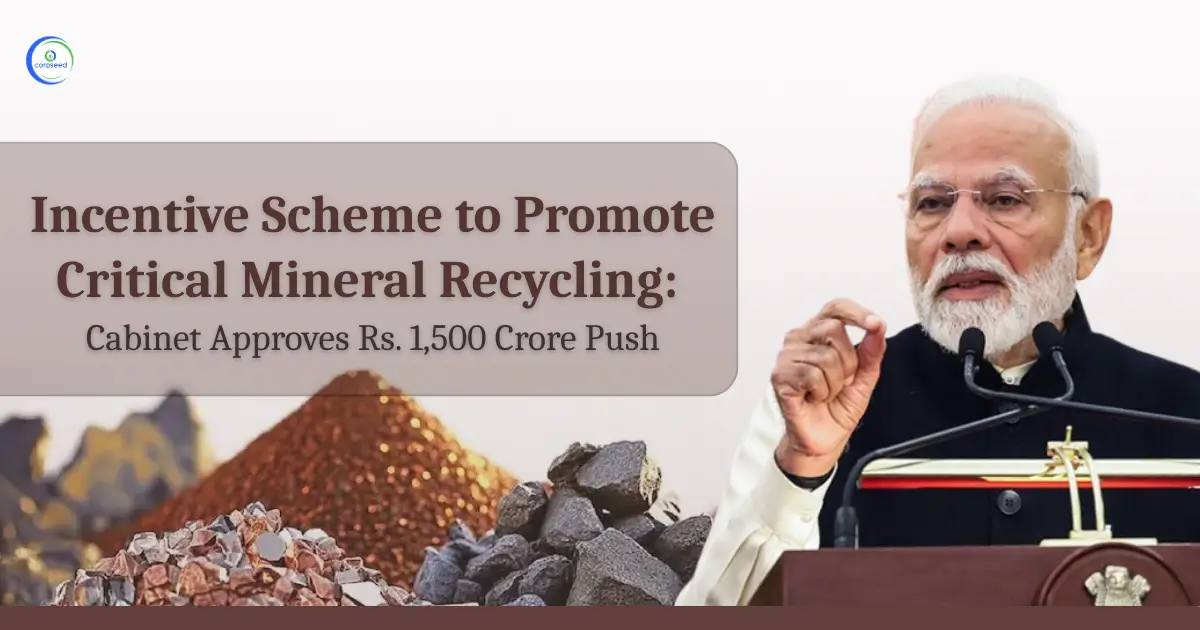
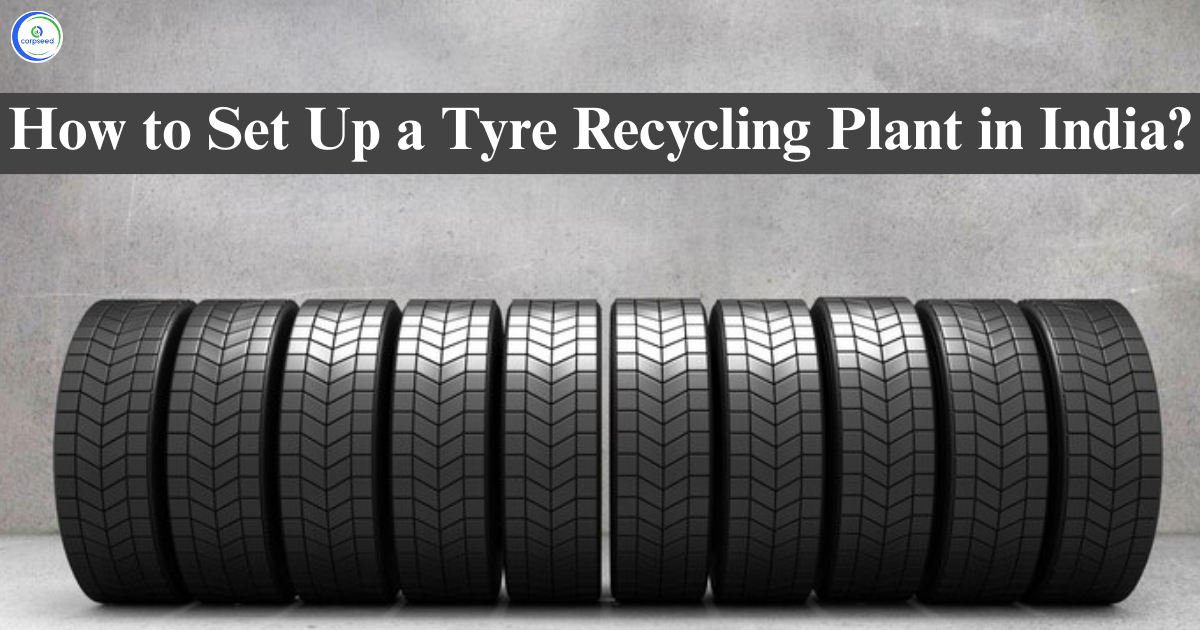
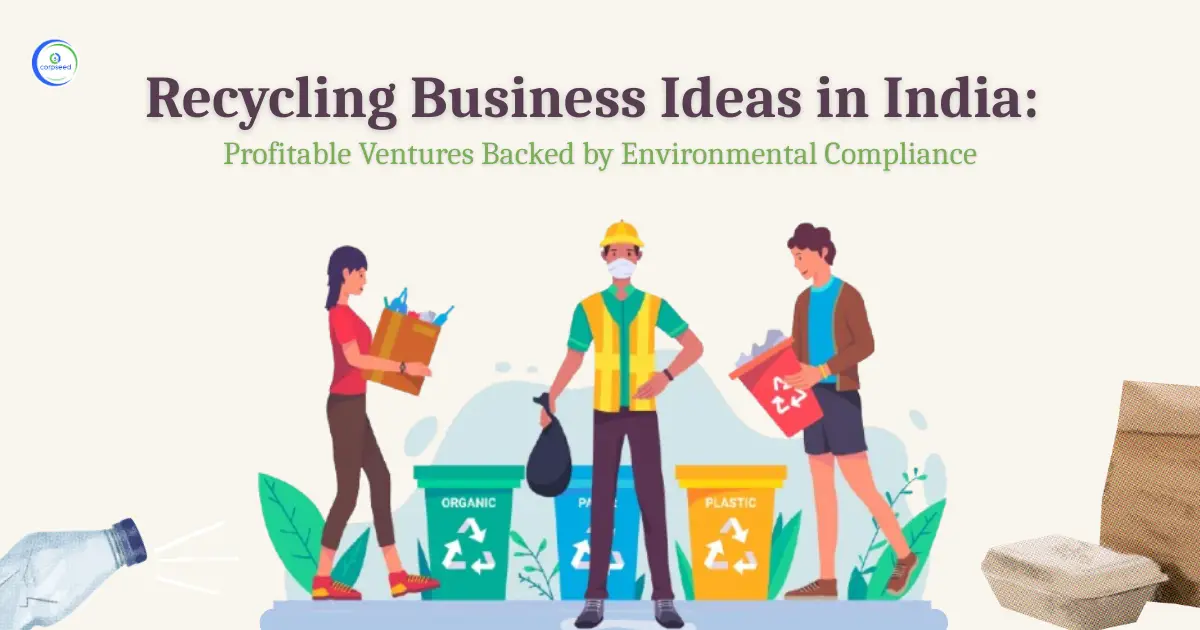
.webp)